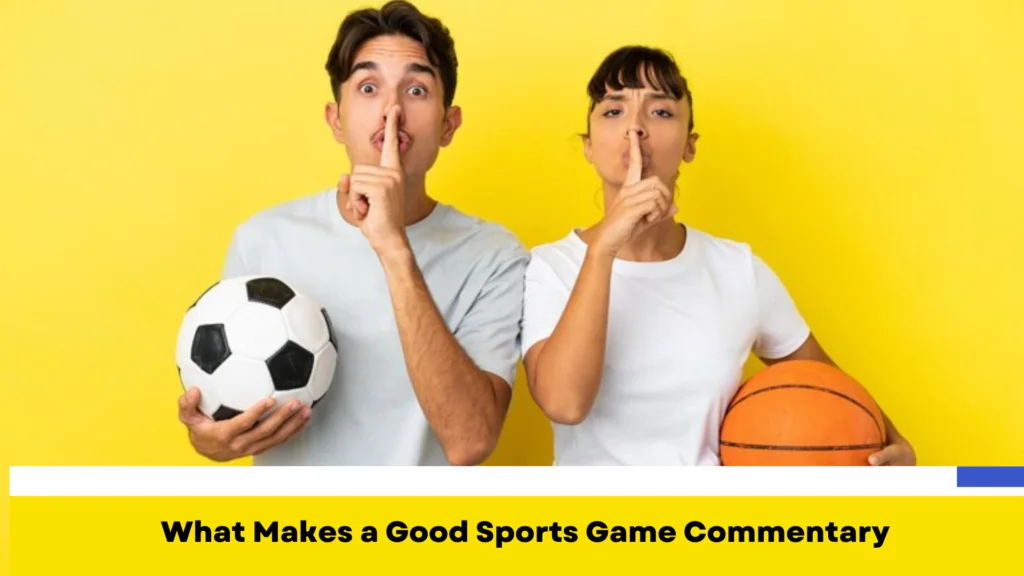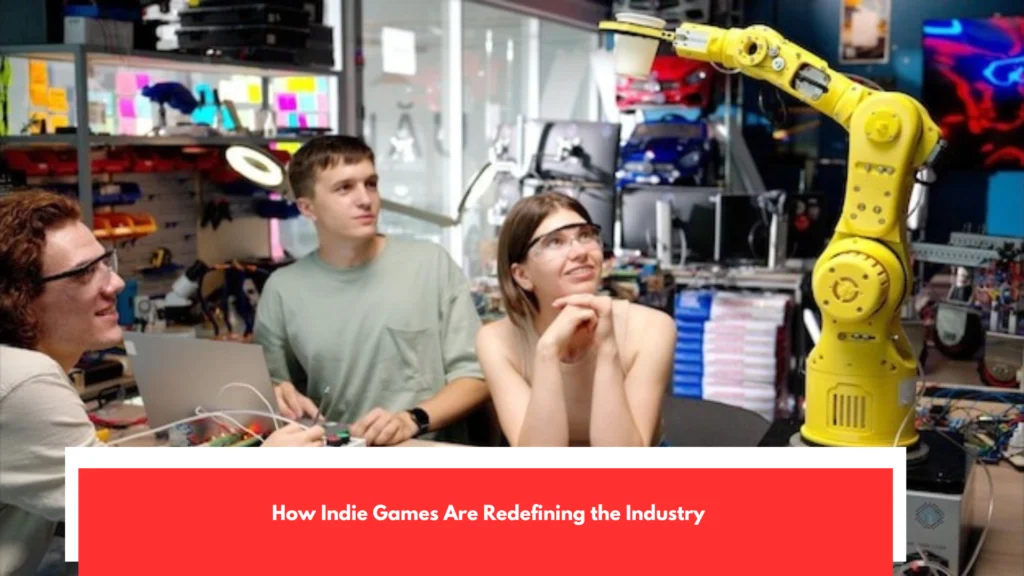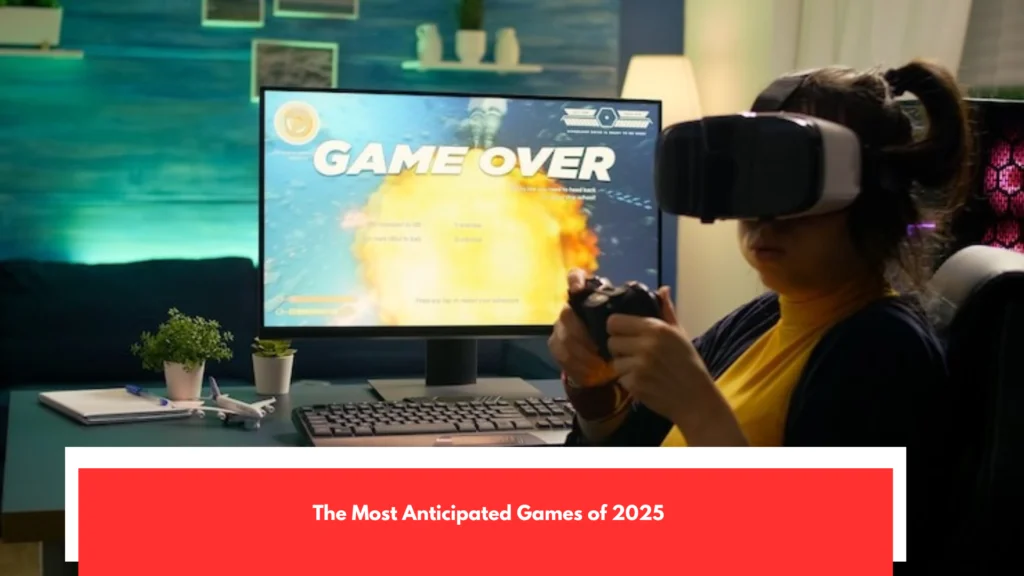We are just ordinary people; that is, simple commentators. The occupation is unique not because few people can follow it but rather because of a different reason for which there are not so many needed. Thus, the country’s pundits are not exactly like rather well skilled lathe operators. As an individual, I truly believe that (with certain individual exceptions) should there arise overnight the contingency of hiring sports commentators to start another sports channel, or, better still, a network of sports channels, the necessary amount of competent individuals could be identified within a radius of three to five kilometres of a circle with an arbitrary centre (within a section of Moscow, perhaps all the world).
The above described definitely aims to shock the listeners at least somewhat. Still not entirely, though in part. Three years ago, when we were selecting sports channel reporters and commentators, we were essentially following the same three guidelines. But among the overall throng of analysts, Georgy Cherdantsev and Sergey Meshcheryakov stand out among the satellite-TV watchers.
Notes on commentary

If we more needed folk, most likely in every shipment the net would carry golden fish. We might have such a fetching once a year. One can comment effectively quite easily. A pundit who would refute this seems to me either not to have yet fully grasped his profession or to hold himself too highly. The work of a commentator is like that of a master of ceremonies, an actor, or a broadcaster; the talent of an observer has many traits of the essentially journalistic labour, and to certain persons the personal sports experience can be helpful.
This is not a need, though; it cannot be either. Fact is, the infamous “insider view” may genuinely spicify a report, and equally well it might be a cliche, a record which has been played nanoseconds to death, and can now only fight to compete against itself – the age of laser discs is ended. Commentary work reveals more abilities than talent. It is simply talent and experience; we do not mean years of experience here; rather, we mean frequent and intensive experience that helps an observer to become a master.
HISTORICAL OUTLINE

Anyway, the importance of a report is not kicking of the ball and not hundreds of varied facts about players and teams, not screams of the crowd: go-o-o-oal!!!” and not because they are not there but rather because it is the proportions that count. The commentator usually discusses their style, their capacity to refer to a quite limited armoury of tactics, and something else generally. At least I am confident I shall not be able to define this stuff we do not know exactly. Even in the tautological word formulation, I would want to pause and start a professional conversation of the field.
Well, there are two approaches and generally both concerning remarks and observers; they have nothing to do with determining the question in a suitable frame. Either a group of interviews with the commentators, most usually in the sequence of their dropping more and more popular; they possibly read interestingly, but I do not know how; there is more interest in giving them in the field of the sport TV.
OZEROV AND SINYAVSKY

Alternatively, having another variation in everything, the moment will come when the Olympics arrive or the World Cup in football or hockey (though the latter is less common), and they will surely write something on the topic of the tongue-tied commentator in the main central newspapers. They will provide instances of both successful and unsuccessful jokes blended in a way the lay reader can relate to, and at the end they will most definitely remember Ozerov and Sinyavsky, or even Sparre, and the most straightforward of conclusions: they no longer do that.
Which sport we observe and which we are obliged to hear about? And that is till the next worldwide events. Regarding the interactions of the old with the modern. Though it could have been otherwise, historically pundits went after one another; is it accurate to state that there is a school between them? Most likely, one cannot respond to this question with a clear-cut answer. Then, indeed, you cannot claim that there are as many viewpoints as there are people; in fact, there can only be two: either “yes” or “no”. Along came several more individuals! I more tend towards the negative than the positive.
Conclusion

Most people understand the “old school” in relation to Nikolai Ozerov and the younger generation of people he served sports commentary filling its history in the 1970s, at the end of the 1970s, in the 1980s, and the beginning of the 1990s. Others are still in practice today. Even this in itself more or less runs against the contrast between the ancient and the modern. And, say, one of those whose names are sometimes said to be similar to the role of a pupil of Ozerov, Georgy Sarkisyan, in fact appeared on TV even before the amazing Nikolai Nikolaevich, so acquiring the title of the dean of the corps, deserved through the years. The mantle is really remarkable.
The above described definitely aims to shock the listeners at least somewhat. Still not entirely, though in part. Three years ago, when we were selecting sports channel reporters and commentators, we were essentially following the same three guidelines. But among the overall throng of analysts, Georgy Cherdantsev and Sergey Meshcheryakov stand out among the satellite-TV watchers.



